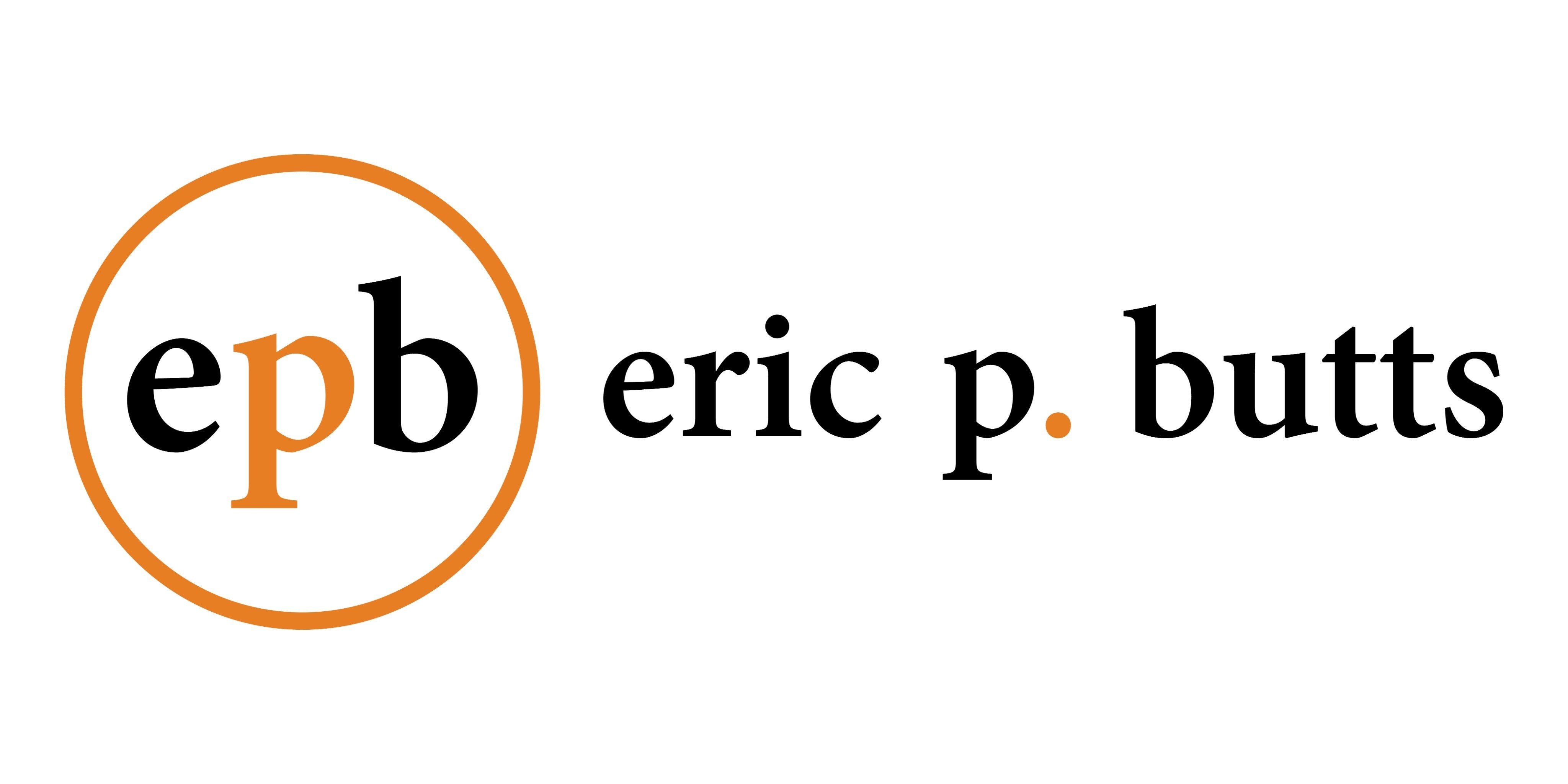3 reasons why all CPAs should be licensed
If you’ve been around accountants long enough, you know that there are some people out there who take the CPA exam and leave it at that. This relegates you to “inactive”, which allows you to use the designation after your name so long as it is adjacent to the word “inactive.” It basically says you used to be a CPA but now…not so much. So why is this so terrible?
1. Proper representation: If you use the “CPA, inactive” language on business cards or a website that is being used to attract clients, what are they supposed to make of your skillset? Why would you have put that on your contact info if it wasn’t relevant? CPAs should be answering questions not creating more of them. You might ask “what if I’ve been a licensed CPA for 20 years, and now I just help my family and friends with their accounting. Should I still be licensed?”
Think about it this way: if you’re providing help to your family and friends with outdated/incorrect information, you may be doing them a disservice by providing incorrect advice and exposing them to unnecessary financial and/or legal risk. Depending on the complexity of what you’re doing, this risk may be low, but this risk is not something that should be ignored by you or anyone that you advise as an inactive CPA. I can envision how going to inactive status may make sense if you have no intention of providing any sort of accounting services, but marketing yourself as an inactive CPA is outside of my comfort level.
2. The network: Next, there is the network that goes along with being a CPA. From the AICPA to state CPA societies to Twitter, I’ve connected with many CPAs purely based on the fact that we are CPAs. This may be my own selection bias, but I’ve yet to see inactive CPAs networking with each other. It’s just not quite the same.
3. Self preservation and self promotion: The most important reason all CPAs should be licensed is a combination of self-preservation and self-promotion. Maintaining your CPA license places tangible accountability on you to maintain your Continuing Professional Education (CPE) so that your professional skills are always relevant to the current market. Of course this will cover some accounting refreshes, but the CPE requirement can give you the excuse or push you need to start branching out into other financial areas, picking up expertise that will 1) make you a better business partner to your customers and 2) help to dispel the myth that CPAs are nothing more than business historians.
What being licensed means
Now that I’ve made my case for being licensed, let me briefly give you some general details on what that entails. The specifics will vary from state to state but generally speaking, getting/renewing your license requires the following:
- 120 CPE hours every three years (80 hours maximum to be completed via self-study or book authorship) – some states require minimums for each year within the three-year reporting period and others look only at the three years in aggregate. Refer to your state board of accountancy for the specific on you state’s CPE requirements
- 4 hours minimum of ethics every three years – again some states may require ethics each year and I’ve seen states with as many as eight hours of ethics required every year. Your state board of accountancy can provide you with the ethics requirements for your state’s CPAs
To be fair, the cost of CPE courses can add up quickly, but with a little research you’ll find you don’t have to spend thousands of dollars on each course as people often assume. There are many CPE providers offering great value for their courses, and I can honestly say that maintaining my CPA license is one investment that I don’t second guess.
